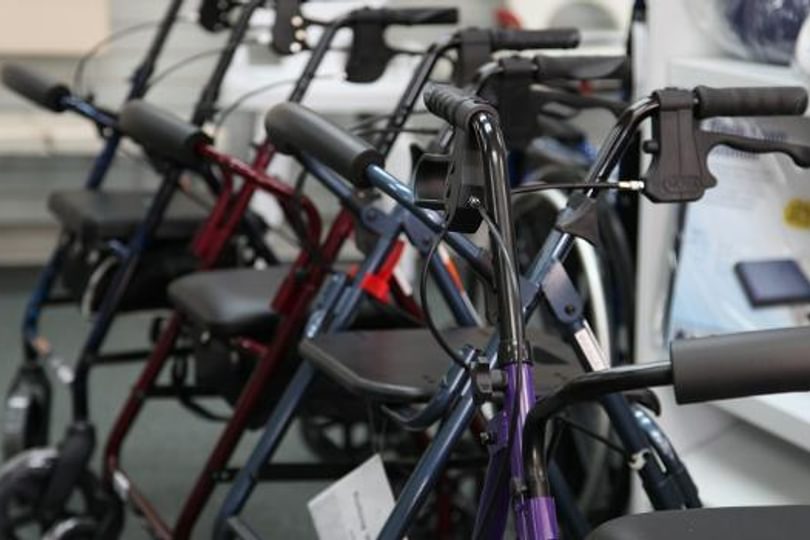
Population ageing is posing massive challenges to German society.
Legislation (including the Long-Term Care Insurance) has maintained the traditional main responsibility of the family for care-giving. However, the current reality of family members living long distances apart is contradicting this cultural and legal obligation. Moreover, the generation now approaching retirement is used to living independent lives and intends to continue doing so in old age. Assistive technologies (AT) are seen as part of the solution for this discrepancy.
In this talk we will explore how AT need to be designed and introduced into older people's lives in order to make a difference. We begin with a brief elaboration of technology acceptance by older generations. Next, we will present several tools for advising seniors on the use of AT in their private homes that we developed in our AAL lab at the HAT institute. We will conclude with a discussion of risks and opportunities of using AT in future home care in Germany.
This session is organised by the Oxford Institute of Population Ageing and will be conducted via Zoom:
https://us02web.zoom.us/j/87189307958?pwd=RGJ1ZXkrVkdnWDlzMW5FVVBvRlF1Zz09
About the Speakers
Andreas Hoff is Professor of Social Gerontology, Director of the 'Health, Ageing and Technology' (HAT) research institute and Dean of the Faculty of Social Sciences at Zittau/Goerlitz University of Applied Sciences.
Bill Pottharst is Research Fellow and lab manager of the AAL lab at the HAT institute at Zittau/Goerlitz University of Applied Sciences